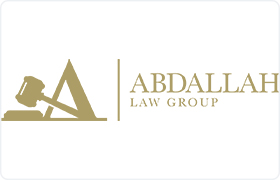Quincy Real Estate Lawyer, California
Sponsored Law Firm
-
 x
x

Click For More Info:
-
Abdallah Law Group, P.C.
555 Capitol Mall Suite 766 Sacramento, CA 95814» view mapReal Estate Law #1 Sacramento Law Office
Abdallah Law Group is ready to fight for our clients. We provide comprehensive, individualized and affordable legal representation.
800-698-5801
Peter Mathew Talia
Real Estate, Trusts, Estate, Family Law
Status: In Good Standing Licensed: 52 Years
William G Apger
Real Estate, Trusts, Wills & Probate, Social Security
Status: In Good Standing Licensed: 35 Years
 Mitchell Abdallah Sacramento, CA
Mitchell Abdallah Sacramento, CA
